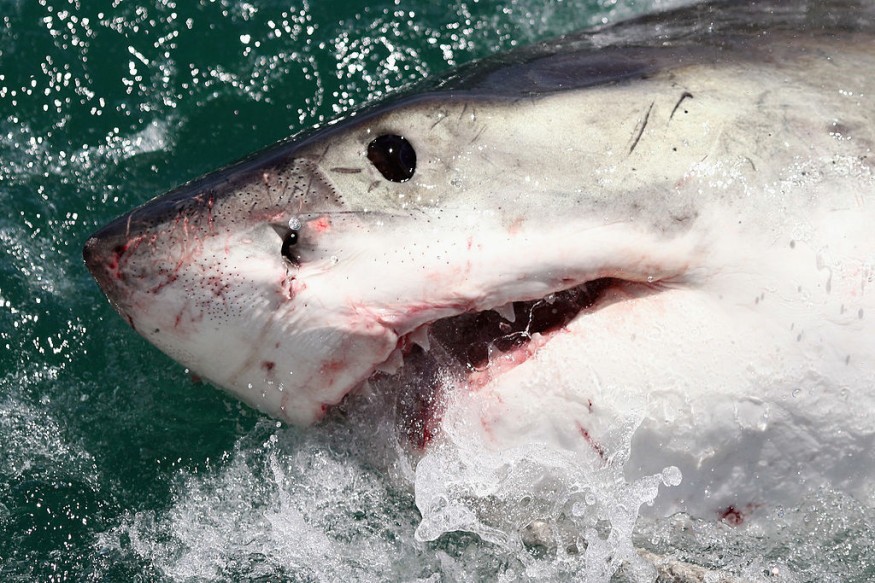Great white sharks were discovered gathering in a certain area along the waters of Guadalupe Island located off the western coast of Mexico, according to a new study.
The so-called "social club" or "shark club" served as a usual area for forage, leisure, and social interaction for the marine predators.
Top Secret Shark Gatherings

In the new research published in the journal Biology Letters on Wednesday, March 23, scientists from the US, France, and Mexico explored the social dynamics and hunting strategies by great white sharks in at least duos, trios, or larger groups.
These activities have been described through unconventional and unusual social gatherings of the sharks in the island's deep blue waters wherein they likely plan hunting strategies for their next prey, says the research.
The discovery is unique since great white sharks were known for killing their prey but not as sophisticated as this one.
The research started with the premise that previous studies regarding the social foraging of the sharks were less explored.
However, there is more to the sharks than we have previously thought.
Biologging
Scientists from the three countries used the method of "biologging" to monitor and analyze the activities of the sharks.
It involved equipping them with cameras and animal-borne telemetry receivers that acted as sensors that sent back geolocation information of the subject sharks.
This equipment is collectively known as a "social tag" and was placed in six great white sharks in the new research.
The scientists also used existing social tags on 30 other sharks from previous studies in Guadalupe Island.
Social associations, including swimming together for 70 minutes and patrolling for food with same-sex buddies, have been discovered during the duration of the monitoring.
The social behavior exhibited by the sharks has surprised scientists.
Swimming around with another shark for 70 minutes is considered to be relatively a long time, according to Yannis Papastamatiou, a marine scientist from Florida International University, as cited by Live Science.
Papastamatiou reportedly added the social signals shown by the shark hunting buddies were not just mere random interactions but rather intentional social communications.
What We Know So Far
Prior to the new research, orcas (killer whales) are known for their social intelligence and communication skills, especially when hunting in groups in the world's oceans, as per the National Geographic.
Even orcas were reportedly seen to be capable of killing large whales or even unsuspecting great white sharks.
However, the new study implied that great white sharks are also capable of such feat.
Since the social foraging of the sharks also manifests intelligence, it showed that they are also capable of coordinated attacks and decision-making.
In spite of the remarkable findings of the new research, further study is expected since the sample size used in the tracking is limited, and the site of the research is only confined to the island.
Post-research questions, such as if other sharks also behave the same way in other parts of the world, have come to light.
Based on the latest International Shark Attack File (ISAF) report of the Florida Museum, there were 137 alleged shark attacks on humans worldwide in 2021, including in the US, Australia, Canada, Brazil, New Zealand, and South Africa.
Among these attacks, 39 attacks were caused by provoked shark bites, while 73 were a result of unprovoked shark bites, as per the ISAF report.
© 2025 NatureWorldNews.com All rights reserved. Do not reproduce without permission.





